
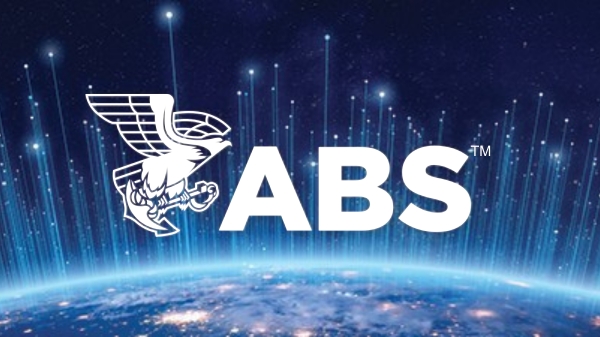
|
ABS consortium delivers ammonia fuel safety report for EMSA
Report expands on IMO interim guidelines and highlights need for comprehensive understanding of ammonia properties. |
|
|
|
||
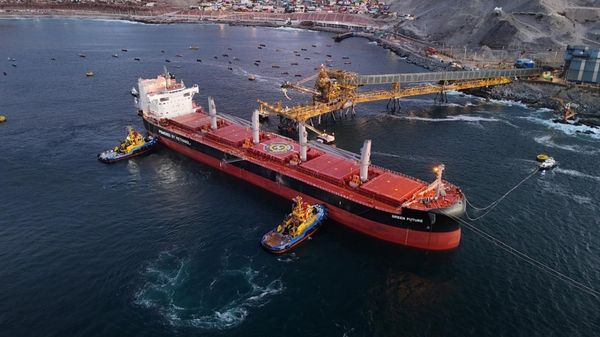
|
NYK operates methanol-fuelled bulk carrier for BHP, claims 65% emissions cut
Green Future becomes first oceangoing bulk carrier to use low-carbon methanol fuel. |
|
|
|
||
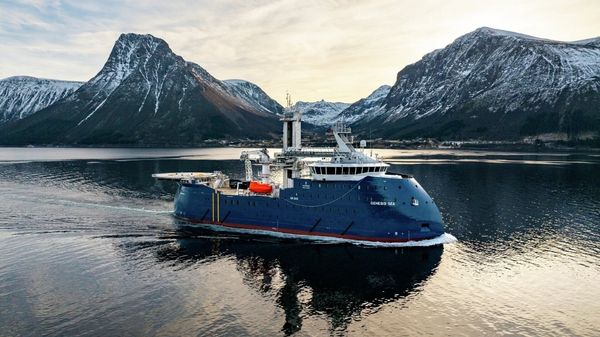
|
Ulstein Verft completes sea trials for Genesis Sea CSOV ahead of spring delivery
The 89.6-metre vessel features hybrid battery propulsion and preparations for green methanol operation. |
|
|
|
||
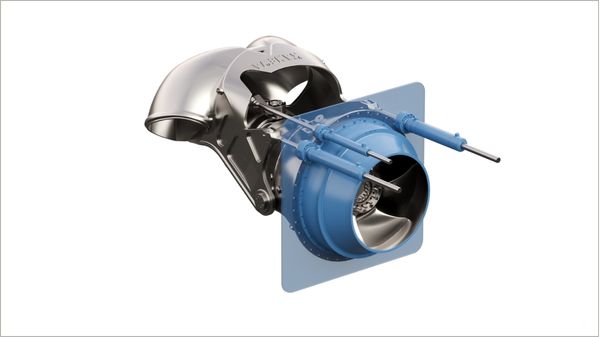
|
Kongsberg Maritime launches S-4L waterjet series with Gotland ferry order
Hydrogen-ready Horizon X ferry to feature new propulsion technology on Swedish route. |
|
|
|
||
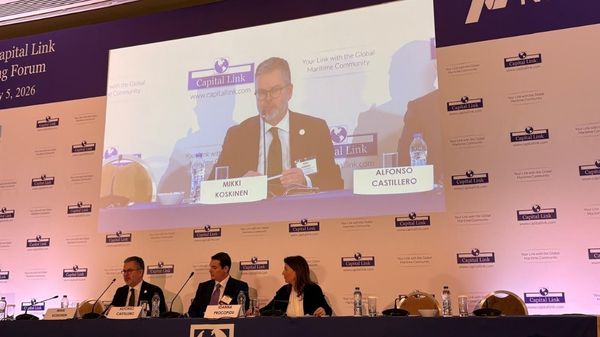
|
ECSA calls for EU to withdraw shipping legislation once IMO reaches global agreement
European shipowners' association urges Commission to clarify that regional measures are transitional pending an international framework. |
|
|
|
||
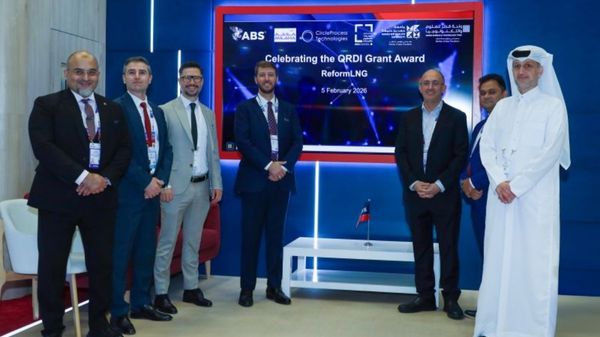
|
CircleProcess Technologies wins Qatar grant for onboard LNG-to-hydrogen conversion project
Project ReformLNG aims to convert LNG into hydrogen fuel and solid carbon onboard vessels. |
|
|
|
||

|
Uni-Fuels seeks bunker traders for Dubai operations
Nasdaq-listed marine fuel provider advertises positions as part of team expansion in the UAE. |
|
|
|
||
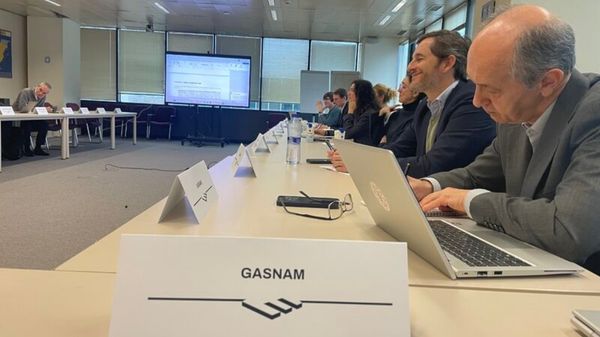
|
Spain nears completion of standardised LNG bunkering specifications framework
Document aims to harmonise LNG and bioLNG supply procedures across Spanish port authorities. |
|
|
|
||
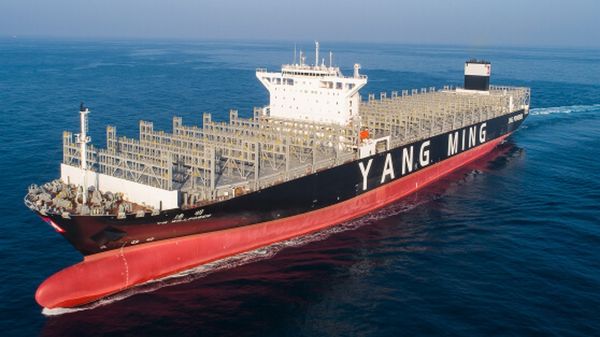
|
Synergy Marine Group takes technical management of two Yang Ming LNG dual-fuel newbuilds
Singapore-based ship manager assumes responsibility for 15,500-teu container vessels delivered from Hyundai Heavy Industries. |
|
|
|
||
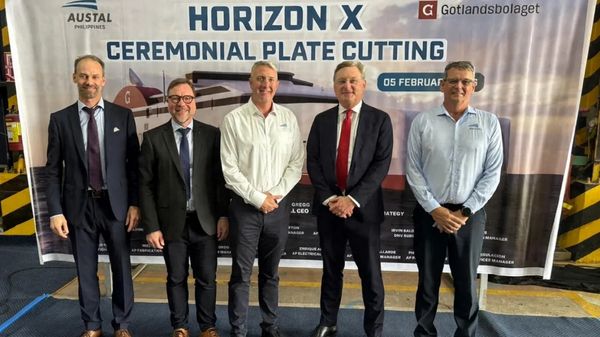
|
Austal begins construction of hydrogen-ready ferry for Swedish operator
Shipbuilder cuts first steel for 130-metre Horizon X vessel at Philippines facility. |
|
|
|
||
| World Fuel Services files email document in case against MV Triton [News & Insights] |
| World Fuel Services: Florida marine business helped improve profitability [News & Insights] |
| World Fuel Services shareholders to vote in May annual meeting [News & Insights] |
| World Fuel Services aims to cut bunker costs by 3-4% in 2018 [News & Insights] |
| World Fuel Services sold 26.5m tonnes of marine fuel in 2017 [News & Insights] |